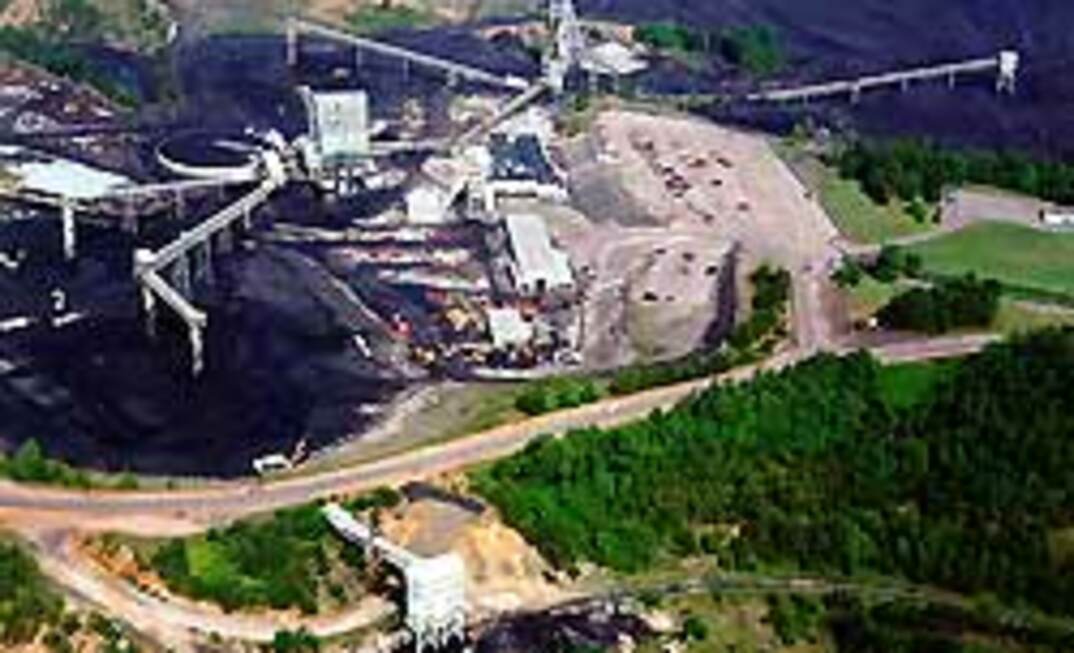Keeping oxygen levels below a certain level prevents the possibility of an explosion underground, and several different methods of injecting inert gases, mostly using nitrogen, are used as part of this safety process.
Conducting the trial last year as part of his thesis on comparing inertisation techniques, University of Queensland student William Hall found the Floxal unit was better at inertising the goaf during longwall production than some other inerting technologies.
Key findings had the Floxal unit more effective in keeping oxygen levels below 3%, including during a pressure swing, and also at controlling these levels behind the cut-through seals.
The delivery pressure of the Floxal hit 230 kilopascals out of a potential 800kP, overcoming the back pressure imposed by the piping, also far beyond the boiler’s capability, which Hall said struggled to reach 10kP.
Hall also found the unit to be more reliable and his theoretical analysis even demonstrated if a larger Floxal unit was hired from Air Liquide it would still be considerably cheaper to run than competing technology.
Air Liquide national product manager Sajimon Joseph told International Longwall News the unit was specifically designed for the coal industry and to deliver nitrogen at 97% purity or higher to the client pipeline, meeting the Safety Integrity Level 2 system.
“Specifically this system is designed to protect against the possibility of nitrogen with too high a residual oxygen level from being delivered into the client pipeline and thus to the mine,” he said.
The three oxygen analysers on the unit are automatically checked each day against a National Association of Testing Authorities certified gas cylinder and are also capable of cross-checking each other, as well as activating alarms when oxygen levels are above 3.5%.
While the unit boasts numerous safety features, Joseph said one of the greatest was the integrated Teleflo telemetry, which not only sends alarms but conducts data logging of parameters to enable diagnosis and support of the system offsite.
Looking beyond the finer technical details, Joseph said the unit would give customers absolute comfort in knowing that they had a reliable source of nitrogen that was monitored 24/7 by Air Liquide.
“We let the coal mines worry about their job and we will look after their nitrogen supply for them,” Joseph said.
North Goonyella ventilation officer Mike Slater said the mine had been running a flue gas generator on a 24/7 basis for almost five years.
On a continual use basis, he said the Floxal unit provided cost-competitive inertisation, with much less carbon emission.
Slater added that the Floxal unit offered unsupervised operation, whereas previously two operators were required. The vendor support and maintenance of the unit were at no additional cost and it had fail-safe operation, meaning there was no potential for higher hydrocarbon exhaust.
Another advantage is the scaleable gas delivery, which will have the unit delivering 75% volume of nitrogen gas if one of the three compressors fails.
The delivery of inert gas at pressure from the unit facilitated reticulation from source to injection site, Slater noted, and enabled application of gas in an inert pressure barrier against barometric and other pressure swings.
Slater stated that mines must implement their own spontaneous combustion management plans based on their own hazards and that underground coal mines with potential for spontaneous combustion should consider the upgrade in inertisation capacity that the Floxal technology represented.
The latest AMSA 3000 series Floxal unit is also used at Xstrata Coal’s Oaky North longwall mine and Anglo Coal Australia’s Moranbah North longwall mine.
Meanwhile, Yancoal Australia’s Austar mine in the Hunter Valley, New South Wales, commissioned the Floxal unit towards the end of 2006 when the mine started up again.
Austar ventilation officer Bruce Calderwood told ILN it was an excellent and very reliable system that performed as required.
He added the unit worked unsupervised with total reliability.
Air Liquide is now gearing up to supply a new AMSA 3000 series Floxal to be commissioned at the North Goonyella mine in November this year.

























